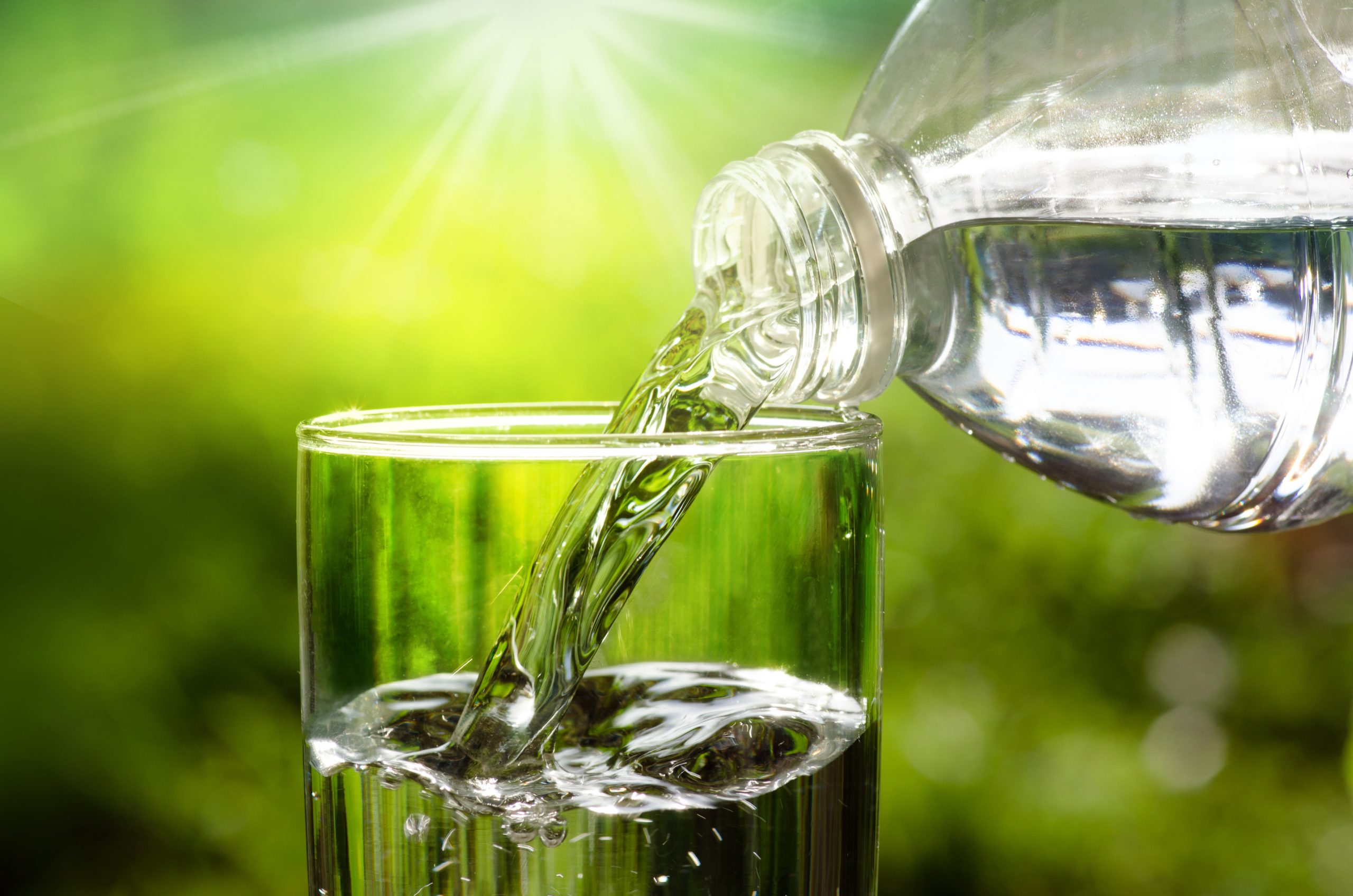A beverage, like many other products today, must tick a number of boxes to be considered ‘better’.
A major consideration is the health aspect. Recent Australian research published in the journal Nutrients found a 30% decrease in per capita sugar consumption from non-alcoholic beverages between 1997 and 2018, which is said to be equivalent to a reduction of 32 teaspoons or 127g of sugar per person per year.
“It’s clear from the research that the drinks fridge today, when compared to 1997, is very different, with Australians now purchasing many more no- and low-sugar beverages in a range of categories and flavours, which is testament to the industry’s dynamic innovation agenda,” says Australian Beverages Council CEO Geoff Parker.
In 1997, Australians consumed 83lt of sugar-sweetened drinks per person, compared with 61lt per person in 2018. In contrast, 88lt of no- and low- sugar choices, such as plain and sparkling water and sugar-free soft drink, were consumed per capita in 2018.
“Evidence of a major change in what we’re drinking can also be found in bottled and packaged water, which now outsells sugar-sweetened carbonated soft drinks, and 59% of water-based drinks purchased are low- or no-sugar, compared to just 36 per cent in 1997,” says Mr Parker.
“Volume sales of still and sparkling unflavoured water are particularly interesting as they have increased by 4.5 times, from 12lt per person per year in 1997 to 54lt per person per year in 2018. This shows the drinks industry is driving change in consumption that is aligned with public health goals, by offering additional healthier options more of the time.
“64% of drinks in the fridge in 1997 were sugar-sweetened drinks with the remaining 36% made up by non-sugar options. Today, 59% of drinks are non-sugar drinks and 41% are sugar sweetened.
“Anyone visiting the local service station, supermarket or convenience store will notice that the incredible choice of drinks available has never been greater, including most of their favourite brands, which are available in a low-sugar or no-sugar option.”
Nielsen Director of Retailer Services Megan Treston says a beverage product must also be convenient for the consumer.
“Today’s convenience culture feeds into an on-the-go lifestyle, servicing consumers with neatly packaged offerings to literally grab and go,” she told Retail World.
“However, consumers are beginning to adopt a zero-waste mindset. Consumers undoubtedly want transparency, and increasingly they care more about ‘good for we, good for me’.
“Label transparency, simple ingredients, natural and not chemical are all key factors that consumers care about. Furthermore, proven brand and product sustainability and claims with health benefits are driving the highest growth in beverages. In fact, 73% of [surveyed] consumers say they would change their consumption habits to reduce impact on the environment.
“These values should be taken into account when developing, marketing, and packaging products to achieve maximum sales and growth.”
Read more in the July issue of Retail World.





